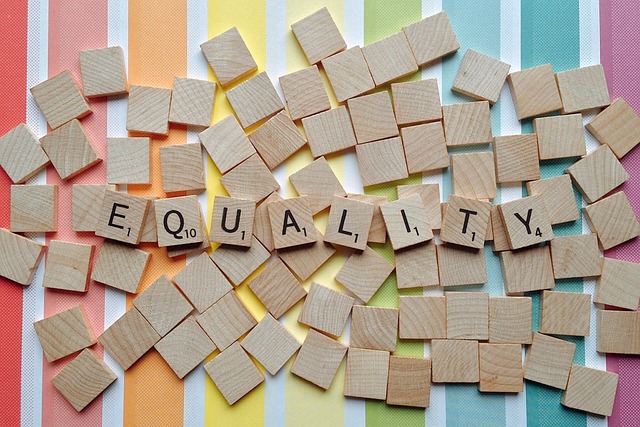The intricate relationship between religion and equality raises profound questions about our moral landscape. Throughout history, religious texts and doctrines have provided guidance, shaped laws, and influenced societies. However, the interpretation of these teachings often varies significantly, influencing how followers perceive concepts like equality. The intersection of religion and equality in moral discourse reveals a complex tapestry of beliefs, values, and ethical considerations that impact individuals and communities alike.
At the core of many religious teachings is the principle of love and respect for one another. For example, Christianity emphasizes the inherent value of each person, as illustrated in the notion that all are made in the image of God. Similarly, Islamic teachings advocate for compassion and justice, highlighting the importance of treating everyone with fairness regardless of their background. Such principles form a foundation for advocating equality, urging adherents to challenge systems of oppression and discrimination.
However, the application of these foundational beliefs can sometimes diverge. Various religious groups have interpreted texts in ways that both promote and hinder progress towards equality. This divergence often leads to moral dilemmas within religious communities, where the push for equality clashes with longstanding traditions or interpretations. For instance, debates surrounding gender roles, LGBTQ+ rights, and racial justice can create rifts within communities, forcing individuals to reconcile their faith with contemporary understandings of equality.
In this discourse, the challenge often lies in differentiating between the core tenets of faith and the cultural or historical contexts in which they developed. For believers, the journey toward equality may require a reevaluation of certain interpretations of their scriptures. It calls for a willingness to embrace change and to engage in dialogues that are inclusive, compassionate, and open-minded. When discussing the moral implications of equality within a religious framework, it is essential to recognize the transformative power of love that many faiths espouse, urging followers to prioritize humanity over dogma.
The moral imperative for equality is emphasized in various religious teachings, suggesting that fostering a more equitable society is not only a social responsibility but also a spiritual one. Faith leaders and communities have a unique opportunity to advocate for policies and practices that uplift marginalized groups, aligning their efforts with their core values. By championing equality from within, religious communities can play a pivotal role in dismantling systemic injustices, promoting dialogue, and healing divides.
Ultimately, the intersection of religion and equality in moral discourse urges us to reflect on our values and priorities as individuals and as a society. It challenges us to revisit the teachings that guide us, questioning whether they truly embody the spirit of equality that many profess. This introspection can lead to a more profound understanding of how we can bridge the gaps that divide us, empowering us to advocate for justice, love, and mutual respect in all our interactions.
As we navigate this complex landscape, it becomes crucial to maintain an open heart and mind. Embracing our varied interpretations and experiences allows for richer conversations and deeper connections, bridging the divide between faith and social justice. Through collective effort and a commitment to equality, we can cultivate a world where love transcends differences, fostering a society that reflects the best of our moral aspirations.




